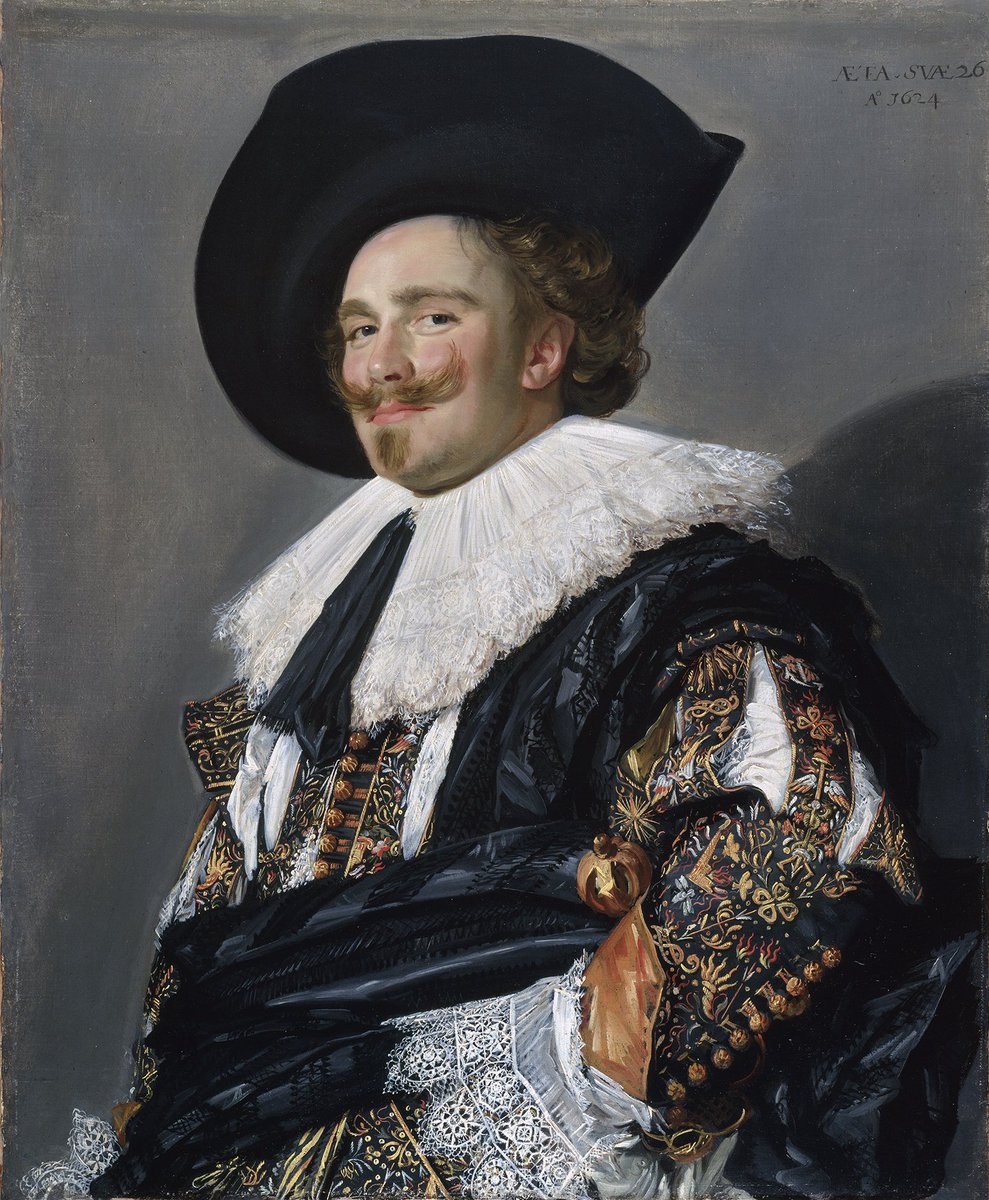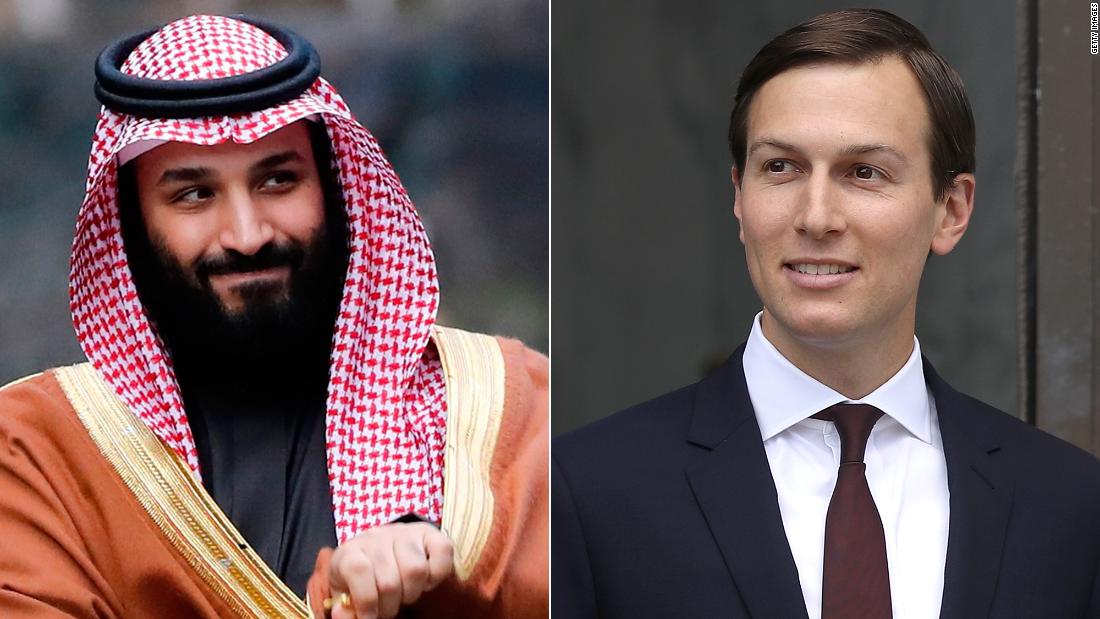The big story in Parliament today really isn't which of three bad options the Opposition parties will choose. It is the absolute travesty of parliamentary democracy that is about to play out: a microcosm of the shattering effect Brexit has had on our constitution. [THREAD]
Third, the general implementation powers contained in cl 31 allow ministers to make any law that is required to implement the agreement by regulations - and that this power can be used to do anything an Act of Parliament can do (including amend the bill/Act itself).
— Jeff King (@jeff_a_king) December 30, 2020
More from Robert Saunders
Robert Jenrick is to change the law so that historic statues, plaques, memorials or monuments cannot be removed without going through a formal planning process.
— Christopher Hope\U0001f4dd (@christopherhope) January 16, 2021
Twelve thousand statues are covered by the law changes.
2. In a speech last September, Jenrick complained that "the planning system is broken". Only "1% of people" had "the esoteric knowledge to navigate [its] arcane and protracted world", shutting out those "who don’t have the time to contribute to the lengthy and archaic process".
3. If campaigners make it through that process (which Jenrick himself calls "as inconsistent as it is slow") more barriers lie ahead. "I will not hesitate to use my powers as Secretary of State" to enforce the view, to "be set out in law", that statues should "almost always" stay
4. When this govt wants councils to do something - like building houses - it invariably overrides the planning system. When it wants to *stop* them doing something - like moving statues - it enforces it. This is not an attempt to democratise change. It's an attempt to obstruct it
5.If the goal were to prevent direct action against statues, blocking lawful & constitutional avenues for change would be a foolish way of doing it. As I wrote here, we need good faith mechanisms where the case for change can be argued & contested lawfully
8. Debate around public statues is not going to go away. Nor should it, for it raises profound questions about our values & the ownership of public space. So councils need to establish good-faith processes in which debate can happen - and from which meaningful change can emerge.
— Robert Saunders (@redhistorian) June 9, 2020
ON THE BLOG: The Dissolution and Calling of Parliament Bill \u2013 a return to constitutional normality?
— Constitution Unit (@ConUnit_UCL) August 1, 2021
Professor Alison Young, of @cambridgelaw, argues that it is wrong to place the blame for the extraordinary events of 2019 on the provisions of the FTPA.https://t.co/yYWEEOF1Td
2. Some of the highest powers of the British state still technically belong to the Crown: from declaring war & making treaties to suspending Parliament. Those powers are now exercised "on the advice of the PM". But they do not *belong* to the PM, & might, in theory, be withheld.
3.For example: the 1950 "Lascelles Principles" set out three conditions under which a monarch might refuse to dissolve Parliament (a "Royal Prerogative" pre-2011). Others might include "when the Oppn is in the middle of a leadership contest" or "when electoral fraud is suspected"

4. In effect, the monarchy became the "emergency brake" of the constitution. It could not exercise these powers itself, but it could stop a govt from doing so. It could deny a PM access to the "nuclear weapons" of the constitution: like the power to declare war or suspend Parlt.
5.This was never a very satisfactory brake. It relied on one person with no democratic authority, who might be inept, corrupt or Prince Andrew. And as Britain evolved from a "constitutional" to a "ceremonial" monarchy, it grew ever less likely that a monarch would actually use it
Good piece on lazy "Boris is Trump" nonsense. I'd go further. Johnson is socially liberal at heart, Trump is authoritarian. Johnson is instinctive free trader, Trump is protectionist. Johnson is pro-migration at heart, Trump is xenophobe https://t.co/RGom19xSfx
— Matt Goodwin (@GoodwinMJ) January 7, 2021
2. It's true that Johnson has a "libertarian" streak: he dislikes rules, taxes, "red tape", "do-gooders" and the "nanny state". But so does Trump. Indeed, Trump goes much further on this, presenting masks, lockdowns, gun control, taxes & environmentalism as a danger to "freedom".
3. Johnson is not morally conservative, but nor is Trump. Neither much cares what people do in private, & neither sets much store by "conservative" moral norms on truth, fidelity or sexual continence. (Tories used to call this "licence", not "liberalism", but it's common to both)
4. Johnson might, personally, be more "liberal" on immigration than Trump, but he's been no less quick to weaponize the issue for political gain. The demand to "Take Back Control of our Borders" was as central to Johnson's victory in 2016 as "Build the Wall" was to Trump's.
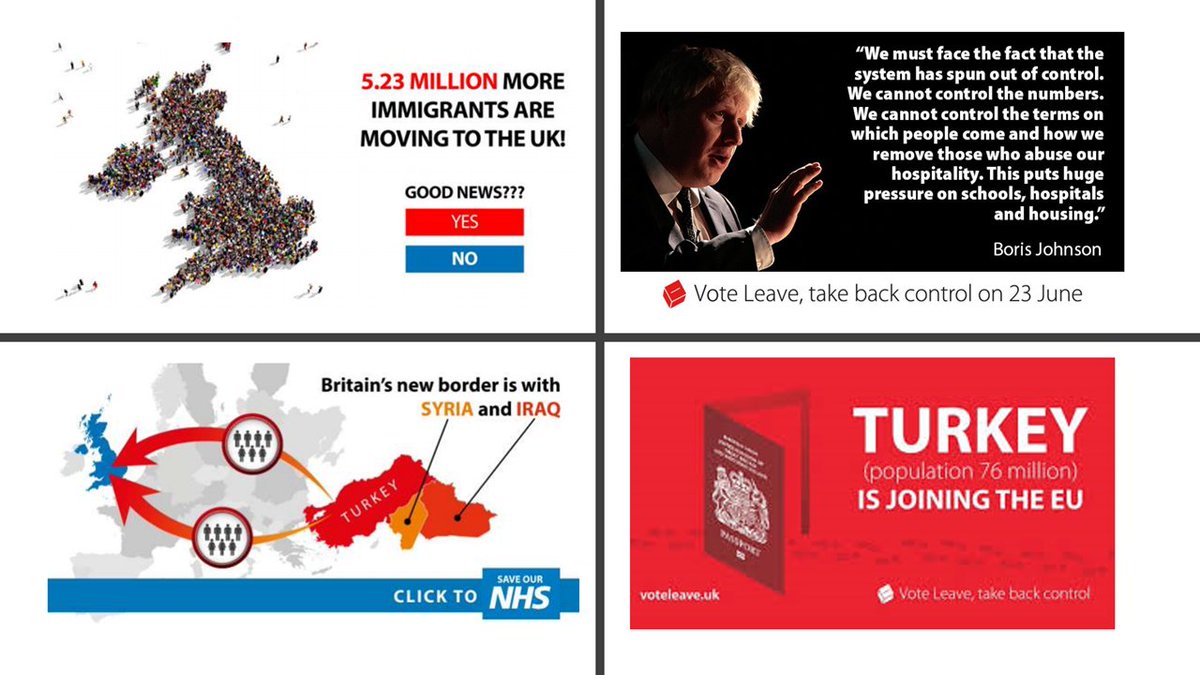
5. Johnson is not, like Trump, an instinctive protectionist. But he was happy to lead a nationalist insurgency against the UK's biggest free trade arrangement, and stoked support for a "no deal" Brexit that would have involved huge tariff increases. To quote an earlier leader...
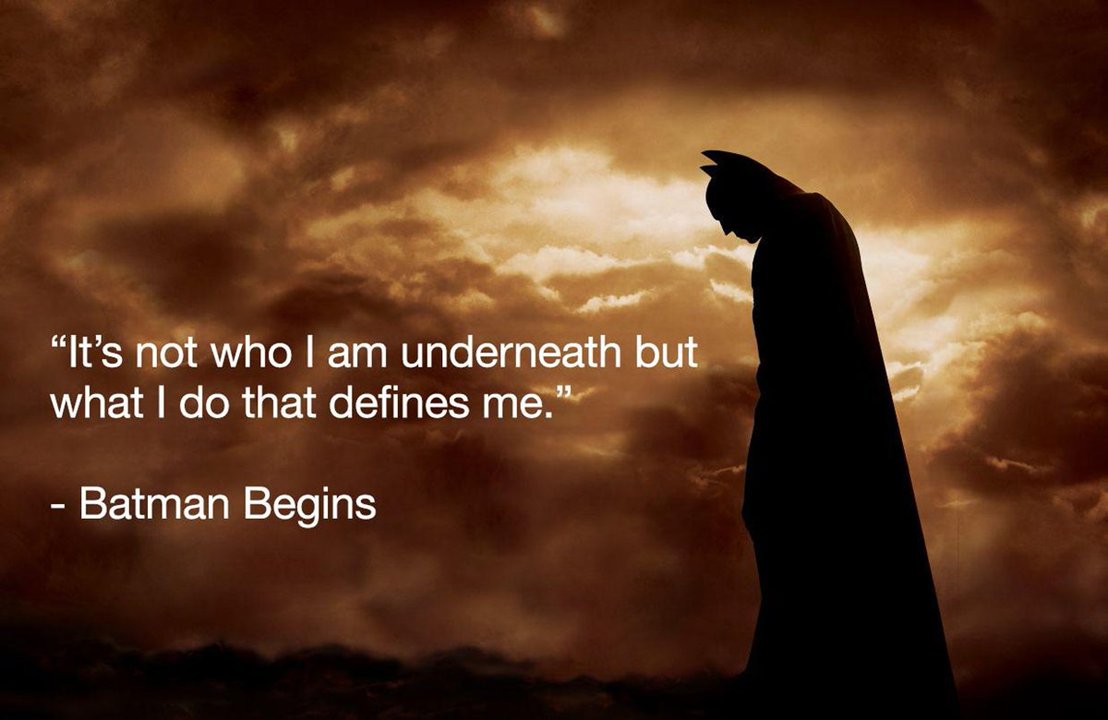
This is shameful legislation, that does nothing to tackle the problems with UK elections.THREAD
Millions of people do not have photo ID. By forcing through mandatory voter-ID the government risk disenfranchising millions of legitimate voters. https://t.co/y0Upzof2FI
— Electoral Reform Society (@electoralreform) February 17, 2021
There is no evidence in-person voter fraud is a problem, and it wd be near-impossible to organise on an effective scale. Campaign finance violations, digital disinformation & manipulation of postal voting are bigger issues, but these are crimes of the powerful, not the powerless.
In a democracy, anything that makes it harder to vote - in particular, anything that disadvantages one group of voters - should face an extremely high bar. Compulsory voter ID takes a hammer to 3 million legitimate voters (disproportionately poor & BAME) to crack an imaginary nut
If the government is concerned about the purity of elections, it should reflect on its own conduct. In 2019 it circulated doctored news footage of an opponent, disguised its twitter feed as a fake fact-checking site, and ran adverts so dishonest that even Facebook took them down.
Britain's electoral law largely predates the internet. There is little serious regulation of online campaigning or the cash that pays for it. That allows unscrupulous campaigners to ignore much of the legal framework erected since the C19th to guard against electoral misconduct.
After all these years... remainers still go "AH HA but fishing is a tiny contribution to the economy".. Well why might that be? Why has it withered? Why has it become a totemic issue in our relationship with Brussels? Yes it is tiny now. But for millions that's the sodding point.
— Harry Cole (@MrHarryCole) December 17, 2020
1. Fishing had been declining for much of the twentieth century. The number of UK fishermen more than halved in mid-century: from nearly 48,000 in 1938 to 21,000 in 1970. By 1970 - the year *before* the UK signed the Treaty of Accession - fishing made up less than 0.1% of UK GDP.
2. That decline had many causes. A century of over-fishing had left stocks dangerously depleted. Younger generations were moving out, in search of safer and better-paid work inland. And the "Cod Wars" with Iceland (1958-76) triggered the collapse of the Atlantic trawler fleet.
3. The "Cod Wars", in which Iceland expelled GB trawlers from its waters, were a grim reminder (a) that other states have sovereignty too & (b) that power-politics still exist outside the EU. For Cold-War reasons, the US backed Iceland. The UK had to fold. https://t.co/t8wdvtCgMb
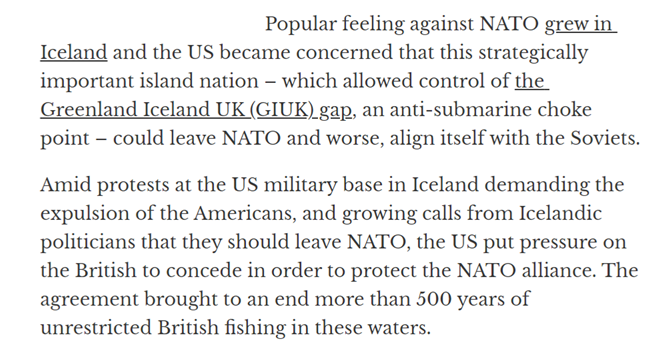
4. There were other challenges, too. In the early 1970s, Norway & Iceland were dumping large quantities of frozen fish on the British market, driving down prices for domestic suppliers. The fishing fleet badly needed investment for modernisation but was struggling to raise funds.
More from Government
Canada: Falling Far Short On Climate Policy, Emissions Reduction and Energy Transition #cdnpoli #bcpoli #alpolitics #onpoli @JimHarris @MikeHudema @SethDKlein @ElizabethMay @CitizensLobbyCa @lulex @kainagata https://t.co/jhm1TXvAKN pic.twitter.com/yEPINC5PTr
— Below2\xb0C (@Below2C_) December 29, 2020
Covid recovery money is going to the oligarchy.
Ottawa and the provinces have put very little on the table to help clean-tech companies directly during Covid 19 while targeting fossil-fuel producers with more than $16 billion in aid.
Coast to coast people have demanded treaties be honored. We demanded climate action, divestment and land back but Canada is not listening. This video shows 10 years of rallies in Waterloo Ontario. City & regional council declared a climate emergency. 🚨
The Bank of China (BOC), SNC-Lavalin and WE Charity were recipients of taxpayer-funded the Covid 19 Canadian Emergency Wage Subsidy (CEWS)
1.) HMX-1, which flies the VH-3D and VH-60N 'White Top' helicopters used to move... 1/X
Very noisy helicopters flying around Vice President\u2019s residence \u2014 what is going on? pic.twitter.com/XPs1A3px7m
— Michael Beschloss (@BeschlossDC) January 11, 2021
the President and VP around, those helos being called Marine One or Two when either is onboard, need to train. The urban landing zones, including WH and VP Residence, are not simple to get in and out of. So, crews need some currency training. They are not just tasked with... 2/X
moving POTUS and VP to get them around the region and to Andrews AFB for long-haul flights, they are essential to Continuity of Government operations. This means that if a threat were to emerge, they need to be ready to snatch POTUS and VP in minutes. This is partially... 3/X
why they have a full forward operating location at Naval Support Activity Anacostia, just 3 miles from the WH. As such, practice is important and considering the state of things, it is critical now more than in any recent memory. 4/X
2.) Considering what happened last week, including mobs of Trump supporters screaming in unison to hang the VP for doing what the constitution states, absolutely despicable in every way, security has been tightened just as it has been all over. Using the helicopters instead.. 5/X
"Voters don\u2019t care about how the D\u2019Hondt system works or about how you\u2019d geographically carve up a regional assembly... They want results.\u2070"@spellar on why Labour should stop obsessing over constitutional issues: https://t.co/W0zsire5xI
— LabourList (@LabourList) February 11, 2021
The state of our constitution is a bit like the state of the neglected electric wiring in an old house. If you are moving into the house, sorting it out is a bit tedious. Couldn’t you spend the time and money on a new sound system?
But if you ignore the wiring, you’ll find that you can’t safely install the new sound system. And your house may well catch fire.
Any programme for social democratic government requires a state with capacity, and a state that has clear mechanisms of accountability, for all the big and all the small decisions that in takes, in which people have confidence.
That is not a description of the modern UK state.

